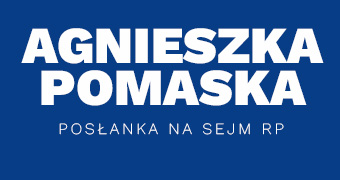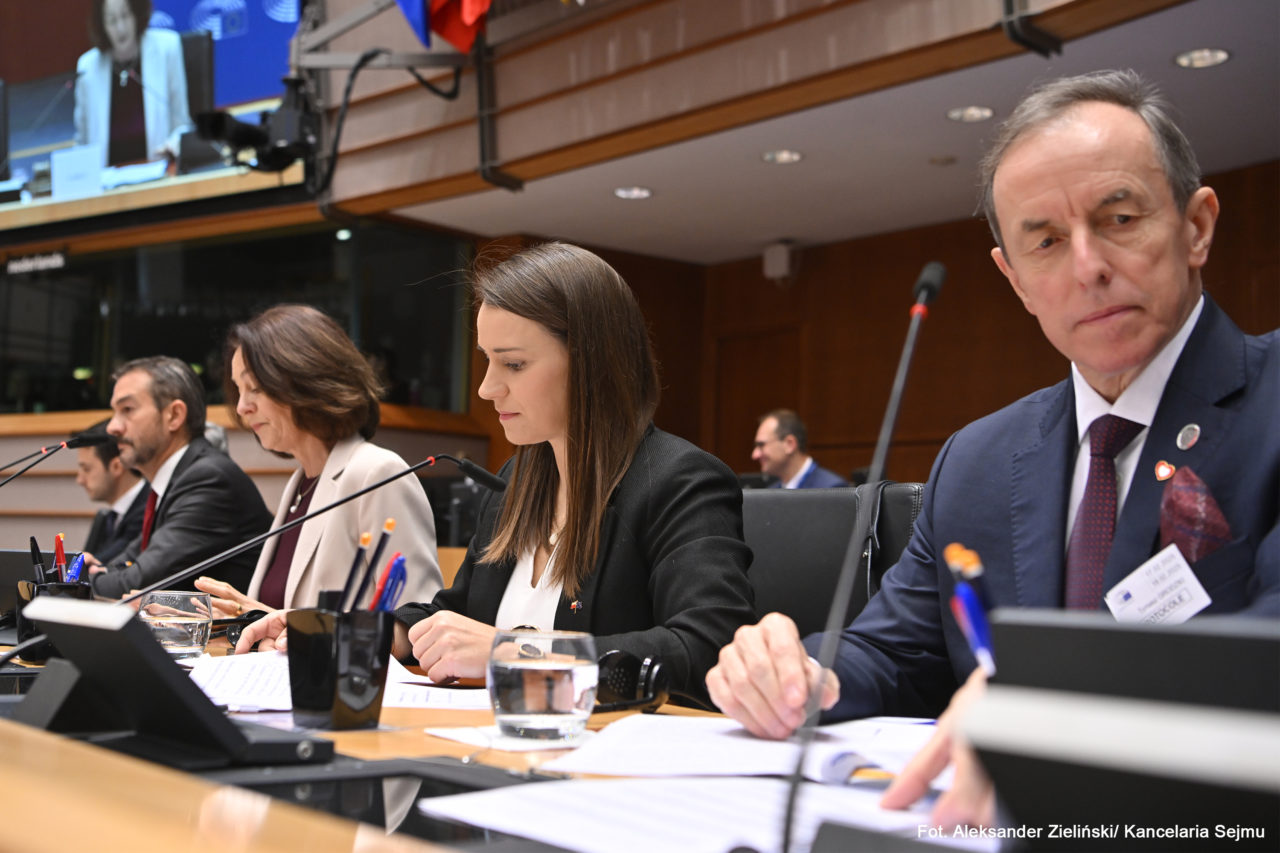On 17 and 18 February in Brussels, as part of the European Parliamentary Week, representatives of key parliamentary and senate committees dealing with public finances, the economy and development and the European Union participated in two plenary sessions. These sessions provided an opportunity for members of national parliaments and Members of the European Parliament to exchange views on current economic, budgetary and social issues.
The theme of the first session was improving the EU’s competitiveness through the single market, innovation policies, better regulation and the creation of quality jobs. In addition to the Vice-President of the European Parliament, Katarina Barley, the session was chaired by Agnieszka Pomaska, Chairwoman of the Sejm Committee for European Union Affairs, and Sen. Tomasz Grodzki, Chair of the Senate Committee on European Affairs.
– EU Member States need support to improve their competitiveness, their security levels. Ensuring security and developing competitiveness are the biggest challenges we face,’ said Chiairwoman Agnieszka Pomaska.
As part of the discussion, the parliamentarians taking part in the session considered, among other things, how national parliaments and the European Parliament can work together to speed up decision-making on reforms and investments while guaranteeing democratic oversight, and what institutional changes are needed to achieve these goals. The keynote speaker at the session was Mario Draghi – former Prime Minister of the Italian Republic and former President of the European Central Bank.
The second plenary session dealt with the lessons learned from the first national plans under the revised economic governance framework. The reformed framework, in force since April 2024, fundamentally changes the EU’s approach to fiscal surveillance. There has been a shift from a complex set of rules to a more tailored system based on country-specific analysis. Today’s debate aimed at discussing the first experience of implementing the new framework, drawing lessons from the preparation and evaluation of the first national plans, and discussing the challenges and opportunities identified in the initial phase. Participants in the debate discussed ways to involve national parliaments and independent fiscal institutions in the preparation and monitoring of national fiscal and structural plans and to encourage governments to discuss progress reports with parliamentarians.
source: sejm.gov.pl


